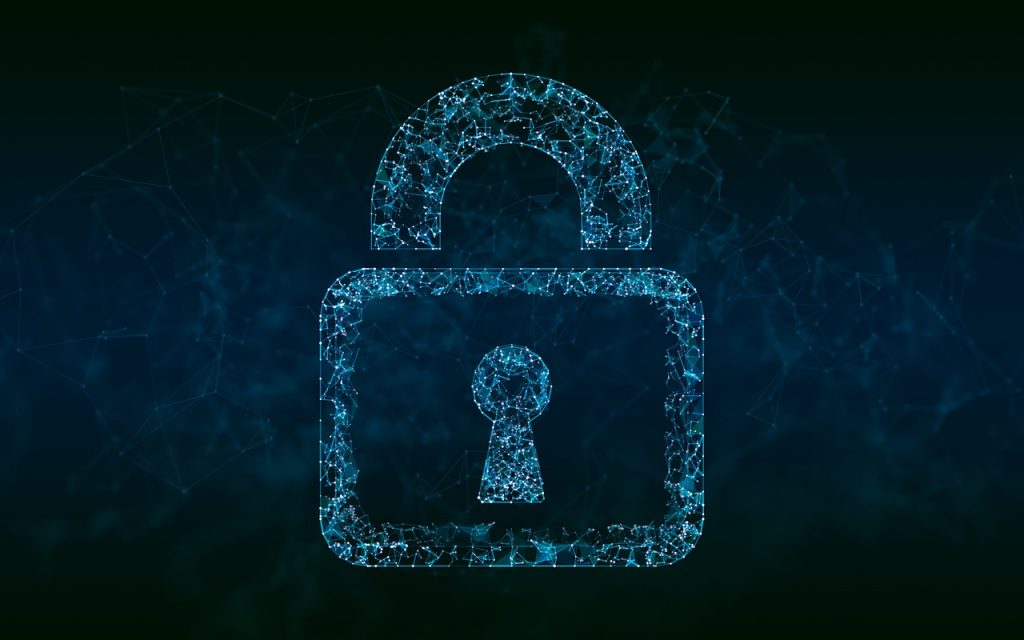Nowadays, most of us cannot imagine a world without the internet. This is because of the countless benefits that the internet brings. But with the increasing benefits, the cons are also growing. The internet has many risks to keep in mind.
New breaches on major companies happen daily. Millions of people get their personal information leaked. The data could even be sensitive:
- Credit Card Details
- Address
- Full Name
- Email, Username, and Password
Yet, few people take care of their cybersecurity. The problem comes as people love browsing the web carelessly. We love exploring new information as well, but hackers do too. There are hundreds of hacking forums, and your information could already be leaked somewhere. We’d recommend checking haveibeenpwned.com to find out whether your email is in a data breach.
Everyone can be a victim of a hacker attack! The leaked personal information is a real problem if you don’t know who will take advantage of it. But fortunately, there are simple cybersecurity tips and tricks that can assist you to stay safe on the internet. Not even the free Wi-Fi comes for free.
Public Wi-Fi is Never Safe
The days when you could connect to a public Wi-Fi network and not worry about your personal information being stolen are gone. Nowadays, hackers are sophisticated, and they are always looking for an easy target. They are now targeting public Wi-Fi networks to steal personal information, such as usernames, passwords, credit card numbers, and other private information. With the growing number of public Wi-Fi networks, it is becoming more and more difficult for users to be sure that they are connecting to a secure network.
If you have ever connected to a public Wi-Fi network, then you should be aware of the risks. Public Wi-Fi networks are usually free and easily accessible. They are typically located at coffee shops, restaurants, or other locations where people are not likely to stay longer and don’t worry about using a secure network. Public Wi-Fi networks are usually straightforward to connect to and elementary to extract data from. For example, you go to a restaurant to have dinner and connect to free Wi-Fi. But at the same time, a guy in a car thirty meters away is stealing your personal information.
Hackers can set up personal hotspots and monitor all the activity on the network. Whenever you open a website and log into your account, all the information will go through his laptop and then head to the server. But using a VPN, you can always encrypt your connection and keep your data private.
How Will a VPN Help?
The best way to make sure you connect to a secure network is to use a VPN (Virtual Private Network). A VPN uses encryption technology to encrypt your Internet traffic and route it through a secure network. VPNs have become increasingly popular because of the increase in cyber-attacks. Hackers are looking for anything that they can use to gain unauthorized access to your computer. If you connect using a VPN, your connection will be encrypted, and hackers will not be able to access your data.
A high-quality VPN will keep your browsing information safe and almost anonymous. But still, you need to pick a reputable VPN provider. We’d also recommend avoiding the free VPN options as they can leak your information. However, you should keep in mind that paid VPNs could be as inefficient as free ones.
Keep Your Antivirus Program Working
Antivirus software is the best way to protect your computer from hackers. Many free and paid antivirus programs are available on the market, and you should research to find the best for your needs. The best antivirus programs are the ones that are easy to use, have a variety of settings, and offer paid plans. Antivirus software is essential because it will protect your computer from viruses and spyware.
Nowadays, all of us get free antivirus from Microsoft – Windows Defender. Windows defender is just enough to get the job done. It offers high-quality real-time protection, and you’ll get notified whenever an issue occurs. You’ll not only be notified, but the threat will be taken care of (if possible).
Stay Up to Date
We’d suggest that you regularly update any software installed on your computer. Outdated software can leave behind critical vulnerabilities for hackers to exploit. Getting the latest windows update is of utmost importance as every new build comes with additional security. Regular updates are one of the best things to mitigate ransomware attacks.
Password Management Tools
Using password management tools, you get plenty of perks. You have to remember just the master password, and you can keep track of hundreds of secure passwords. Those tools could offer you a random secure password whenever you’re registering to another website. Those random passwords usually contain over ten symbols, numbers, and letters.
Two-Factor Authentication
One of the most underrated security tools is two-factor authentication. People tend to skip a two-factor auth pop-up again and again until it becomes mandatory. Software providers aren’t forced to make two-factor authentication mandatory, yet they protect their users with it.
To get hacked after you’ve added a two-factor authenticator, the hacker will need to penetrate your account and email. Still, we’d recommend using a mobile number for such purposes. Getting an email login would therefore lead to password changes and account theft. But if you’ve set up your mobile device with two-factor authentication, the cybercriminal would have to penetrate your mobile’s defenses.

